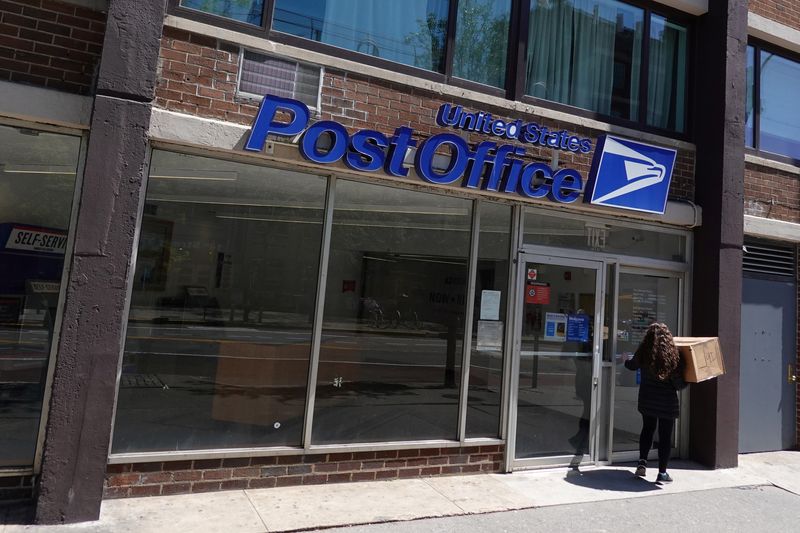US President-elect Donald Trump has shown keen interest in privatizing the US Postal Service in recent weeks, The Washington Post reported on Saturday, citing three people with knowledge of the matter.
The U.S. Post Office, which has lost more than $100 billion since 2007, posted a net loss of $9.5 billion for its fiscal year ended Sept. 30, a $3-billion-wider loss than the previous year, mainly due to On a year-to-year basis. Increase in non-cash workers’ compensation expense.
When told about the agency’s annual deficit, Trump said the government should not be subsidizing the organization, according to the Washington Post.
Trump, who took office on Jan. 20, discussed his desire to privatize the Postal Service with Howard Lutnick, his pick for Commerce Secretary, at Mar-a-Lago, the report said.
People who will work in the Department of Government Efficiency, led by Elon Musk and Vivek Ramaswamy, have also held initial talks about major changes at USPS, the report said, citing two other people familiar with the matter.
The US Postal Service and the Trump transition team did not immediately respond to requests for comment on the report.
Any attempt to privatize the Postal Service could disrupt the e-commerce industry in the U.S., the Washington Post said, citing Amazon (NASDAQ: ), which uses the USPS for “last-mile” deliveries between Amazon’s fulfillment centers and customers. is It could also hurt small businesses and rural consumers who use the postal service, as it is the only carrier that will deliver to remote corners of the country.
Amazon recently said it is donating $1 million to Trump’s inaugural fund and will broadcast his inauguration on its Prime Video service.
Trump has had a strained relationship with the Postal Service. Sources told Reuters its transition team was considering canceling service contracts to power its delivery fleet.

According to sources, the team is reviewing how it can end the service’s multibillion-dollar contracts with Oshkosh (NYSE: ) and Ford (NYSE: ) for thousands of battery-powered delivery trucks and charging stations. is
In 2020, Congress authorized the Treasury Department to lend up to $10 billion to the Postal Service as part of a $2.3 trillion coronavirus stimulus package, which Trump threatened to block.










